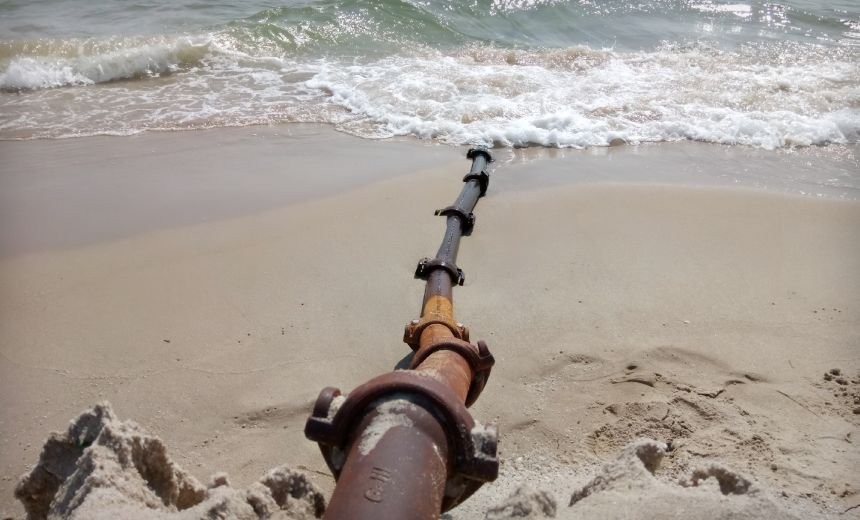Critical Infrastructure Security
Bipartisan Legislation Aims for Sanctions and Enhanced Coordination to Protect Undersea Cables

U.S. lawmakers are pushing for enhanced federal involvement to safeguard subsea fiber-optic cables, crucial conduits for global internet connectivity, in light of increasing threats allegedly posed by foreign adversaries, specifically China and Russia.
The proposed “Strategic Subsea Cables Act of 2025,” co-sponsored by Senators Jeanne Shaheen (D-NH) and John Barrasso (R-WY), aims to enhance the Department of State’s international engagement to protect these undersea cables. The legislation grants the Department of Treasury the authority to sever financial ties with foreign entities implicated in damaging cable infrastructure.
This initiative seeks to bolster U.S. defenses against cable disruptions and sabotage attempts, which have reportedly intensified in strategic areas such as the Baltic Sea and Taiwan Strait. Such incidents have prompted lawmakers to take one of the most significant actions in years designed to shield these vital communication networks from threats.
Subsea cables carry over 95% of global digital communications, yet their protection is complicated by a fragmented framework of international regulations and voluntary security measures. Recent cuts to cables, including incidents in Europe and the Indo-Pacific, further underscore the critical need for a coordinated response to emerging threats (see: Breach Roundup: Russia Suspected of Severing Undersea Cables).
Senator Shaheen emphasized the necessity for the U.S. to be vigilant against malicious activities targeting subsea cables, which could have far-reaching implications for national security and economic stability. She characterized these fiber-optic networks as essential strategic infrastructure.
The legislation includes findings that acknowledge the global security landscape, referencing collaborative efforts by NATO and the European Union’s initiatives to secure undersea cables announced in February 2025. The bill mandates that the U.S. increase its role in international cable governance bodies, such as the International Cable Protection Committee.
Should this bill pass, the State Department will be tasked with delivering a comprehensive assessment of how U.S. delegations can more effectively influence global norms and resilience strategies. Reports will also focus on Chinese and Russian undersea cable activities, particularly examining actions above depths of 4,000 meters that could pose threats to U.S. interests.
The bipartisan sponsors assert that this legislation is pivotal in embedding cable security into the core of U.S. foreign policy, increasing awareness of adversarial maneuvers and establishing a clearer leadership role for the federal government in addressing potential disruptions.
As Senator Barrasso observed, undersea fiber-optic cables are vital for international communication, financial transactions, and military coordination, and actions by foreign adversaries like China and Russia pose a direct threat to these critical infrastructures. The call for robust defenses against these threats reflects an evolving understanding of cybersecurity risks in today’s geopolitically charged environment.